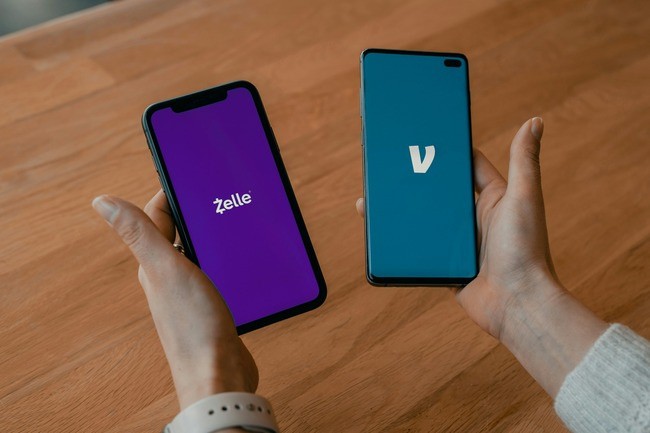
Venmo, Zelle, and Cash App face scrutiny as Manhattan District Attorney Alvin Bragg warns of rising fraud incidents exploiting their mobile financial apps, leading to substantial money losses. Bragg has penned letters urging increased protective measures to curb vulnerabilities exposing consumers.
Peer-to-peer payment networks process about 1 trillion dollars worth of payments each year, and with the increasing popularity come rising frauds cases. The letters declare that financial apps are abused on individual electronic devices such as iPhones; it reveals the necessity of enhanced security protocols to protepeople'se's money.
As the threat scenario widens, authorities push these popular platforms to protect the users first.
Surge in Thefts Linked to Mobile Payment Apps Raises Concerns Across the US
The number of theft instances involving well-known mobile payment apps, such as Venmo, Zelle, and Cash App, has increased nationwide during the last year. Crimes range from knifepoint robberies in Los Angeles to a child draining thousands through Venmo in Orlando.
Similar cases have been reported in various states, including West Virginia, Louisiana, Illinois, Kansas, Tennessee, and Virginia.
Unauthorized users gain access to unlocked devices, empty bank accounts, make unauthorized purchases, and misuse financial information.
Manhattan District Attorney Alvin Bragg has urged these financial platforms to enhance security measures, proposing transaction limits, secondary verification processes, and improved monitoring to counteract the growing threat of financial and physical harm to users.
Venmo and its parent company, PayPal, emphasized their commitment to safety and security, employing advanced fraud detection tools, manual investigations, and collaboration with law enforcement. PayPal ensures several in-app security options and protection measures.
Zelle acknowledged awareness of isolated criminal incidents highlighted by the Manhattan District Attorney and emphasized its commitment to providing a secure service, reporting a minimal percentage of transactions as fraud or scams.
Comments were not given by Cash App.
The Consumer Financial Protection Bureau discovered that, despite laws, individuals are frequently underinsured against fraudulent electronic fund transfers. Bragg has observed an increasing pattern of criminals taking advantage of financial apps to commit crimes.
A wave of Thefts Highlights Risks Associated with Cash App Vulnerabilities
Criminals exploit vulnerabilities by draining bank accounts, making purchases, and opening new accounts, causing both significant financial harm and, in some cases, physical danger. These crimes, from Los Angeles to Boston, have been reported nationwide, indicating a troubling trend.
In one incident, a coordinated team of thieves stole approximately $6,500 from around 50 Lyft drivers in 2020. The criminals, posing as passengers, manipulated the Lyft drdriver'shone to transfer in-app earnings to their accounts using Cash App. Another case involved violent threats, where a victim was held at gunpoint and knifepoint, leading to the forced transfer of funds via Cash App.
Bragg has called on payment apps to bolster security measures, including transaction limits, secondary verification, and improved monitoring of unusual activity. Venmo, Zelle, and Cash App have asserted their commitment to safety and security but acknowledge the need for continued efforts.
These patterns highlight how crucial it is to raise public awareness of the hazards associated with cash app thefts and take preventative action. Law enforcement and financial institutions must work together as technology advances to keep up with criminals who take advantage of holes in digital payment systems.
Related Article : Apple Offers Open Access To Near-Field Communication Payment Tech For Third-Party Developers In Europe
© Copyright 2025 Mobile & Apps, All rights reserved. Do not reproduce without permission.















